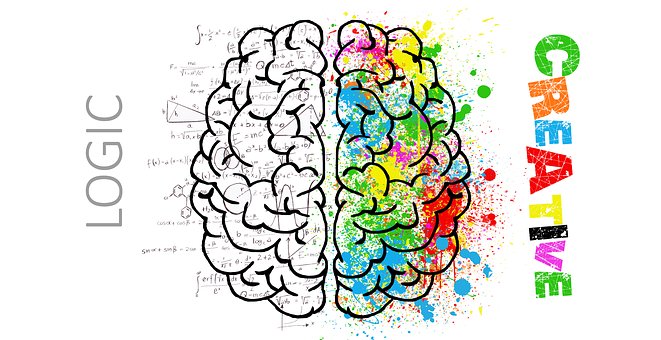Categories:
The promotion of reading has been a recurring subject in our blog, not only focused on the digital media but also in paper. In general, in the United States, reading rate figures are getting better with time. According to the National Center for Education Statistics, in 2017 fourth-grade students read more or less like in the year 2015, but this score has increased in 5 points (220 to 225) if we compare it to the year 1992. To make these results clearer, this is the basic level, which goes from 210 points to 240, where the proficiency level starts, and we are also still far from the advanced (from 270 on). As we can see, these figures could be higher.

This is also the case regarding adults: figures leave something to be desired. According to the Fact tank (which shows data of the year 2018), 24% of adults in the U.S. have not read a book in the past year. This figure increases or decreases depending on many factors: it varies from college graduates to adults with a high school degree or less (37% vs. 7%), from people who have annual incomes of $30,000 or less to people with higher salaries (36% vs. 13%). These figures also vary, for example, from Hispanics born in the U.S. to those born outside (22% vs. 51%).
As we said before, these figures can still be improved. Because, although data may be better than before, there are always reasons to improve in the reading field, since reading is a skill required in almost all the aspects of our daily lives; and because the benefits it gives us are many. It sharpens ingenuity and creativity; it stimulates knowledge exchange, delays the onset of dementia symptoms, and stimulates perception, empathy and concentration.
It is true that sometimes reading becomes a challenge. Reading is a relatively new habit, which does not take part in the human instinct because it forces us to be concentrated in one only activity, when the predominant conduct of our brain is getting distracted by stimulus. This behavior comes from the need of the human being to be aware of any possible unexpected event. This dispersion of the brain that plays a dirty trick on us so many times when we try to read or study makes sense if we take into account that, in the past, focusing on one only task reduced the possibilities to survive of our ancestors. Nevertheless, society has changed a lot since then and we can read without being in danger. Taking into account all the benefits that it can give us, why not to go on giving opportunities on reading?
We can decide to say “yes” to reading, but anyway we cannot omit that reading habits are likely to vary enormously from one reader to another one. In this regard, have you ever thought about what type of reader you are and what the pros of your characteristics as a reader are? As a game, we have selected ten types of readers for you to be able to embark in a more conscious way on the reading adventure, and we have elaborated this test for you to see in which one you fit. Are you ready to discover it?
